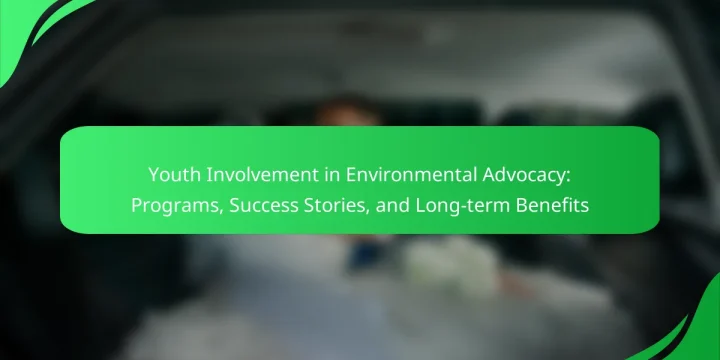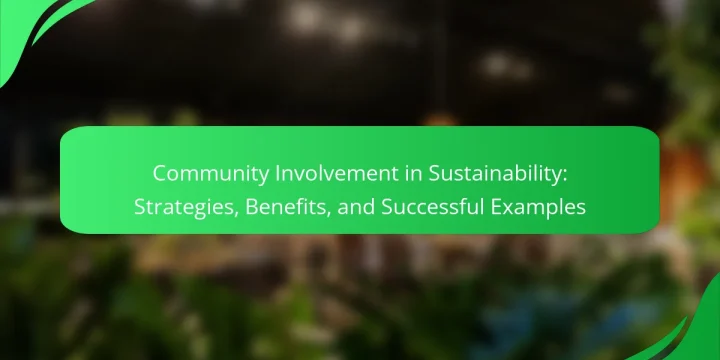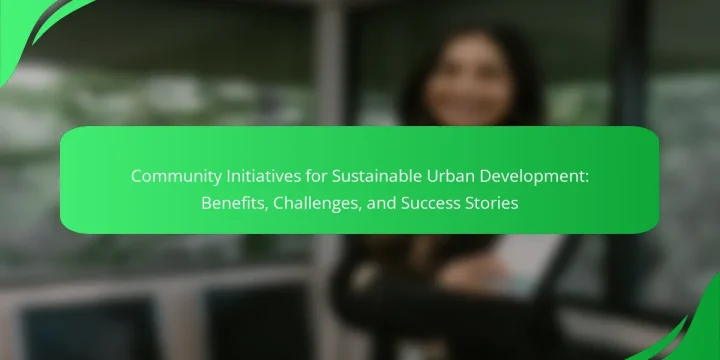
Welcome to the Sustainable Operations Summit
At Sustainable Operations Summit, we believe that a brighter, greener future is achievable through collaborative efforts and innovative solutions. Whether you're an environmental advocate, a business leader, or simply someone passionate about sustainability, you're in the right place. Join us as we explore the cutting-edge ideas and practices that are shaping the world of sustainable environmental organizations.
Our summit brings together thought leaders and practitioners from diverse sectors to share their insights and experiences. Here, you'll find a wealth of knowledge designed to empower individuals and organizations to adopt sustainable practices that not only benefit the planet but also enhance efficiency and profitability. Let's work together to create a sustainable legacy for generations to come!
Explore Our Key Topics
- Innovative Green Technologies
- Sustainable Supply Chain Solutions
- Corporate Social Responsibility Strategies
- Effective Waste Management Practices
- Renewable Energy Opportunities









